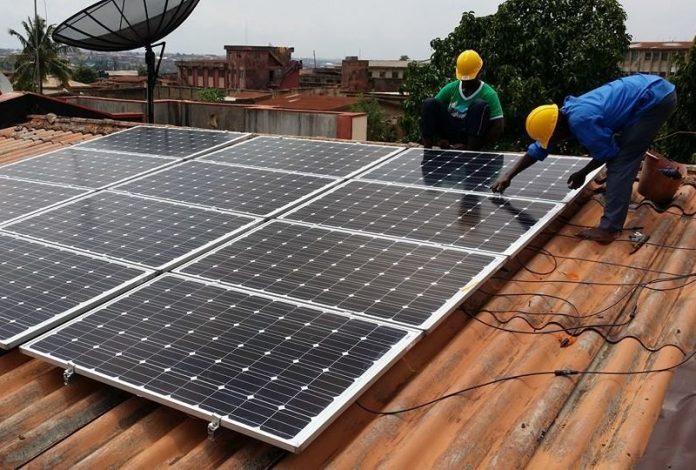During a performance review overseen by Prime Minister Rimtalba Jean Emmanuel Oudraogo on February 14, 2024, Burkina Faso’s Ministry of Digital Transition, Posts, and Electronic Communications sketched its 2025 digital goals. The ministry acknowledged that development partners, most notably the World Bank, had helped to advance its digital transformation plan that greatly improved government effectiveness in 2024.
Accomplishments in 2024 included providing connectivity to more than 130 white zone villages, fixing the national IT network (RSINA), starting data center construction, and introducing strategic platforms to help digital transformation. Also put into place electronic signature design and legislative revisions. Though it did not provide specifics on the causes behind missed goals, the ministry reported a 90.4% accomplishment of its 2024 objectives.
Key goals for 2025 include completing two national data centers—now 70% complete—and raising network reach to at least 500 underprivileged locations. Other targets include raising administrative digitization, mass population registration for the WURI electronic ID system, and starting the $150 million Digital Transformation Acceleration Project (PACT DIGITAL).
Burkina Faso is still near the bottom in world digital development even as it makes some advancements. Scoring 0.2895 well below West African and worldwide averages, it ranks 175th out of 193 nations on the UN E-Government Development Index (EGDI). With a score of 30.1/100 from the ITU 2024 ICT Development Index, the nation ranks 43rd out of 47 African countries. Mobile penetration stands at 21% and Internet penetration is 19.9%; 3G covers 53.2% and 4G is at just 36.6%. Burkina Faso is still ranked at Tier 3 of 5 in cybersecurity, which shows major weaknesses in technical resistance and expertise.
Even as it seeks to establish Burkina Faso as a regional leader in ICT across public services, education, healthcare, and trade, the government admitted that political instability and insecurity have slowed down rural infrastructure development.




